Coconino County Master Gardener
Master Gardeners are highly trained volunteers that invest their time and talents in local Arizona communities to grow food, support pollinators, sustain resilient home gardens and share their knowledge with others.
Resources
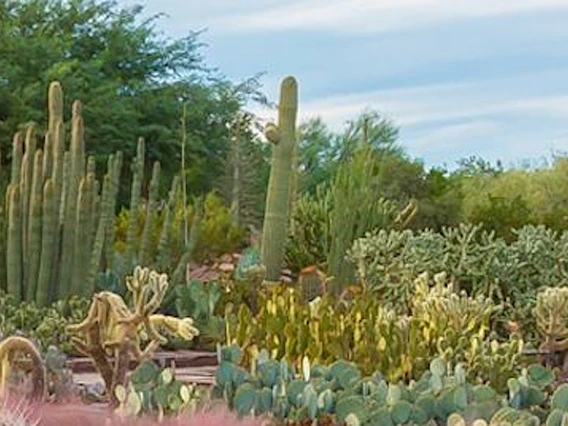
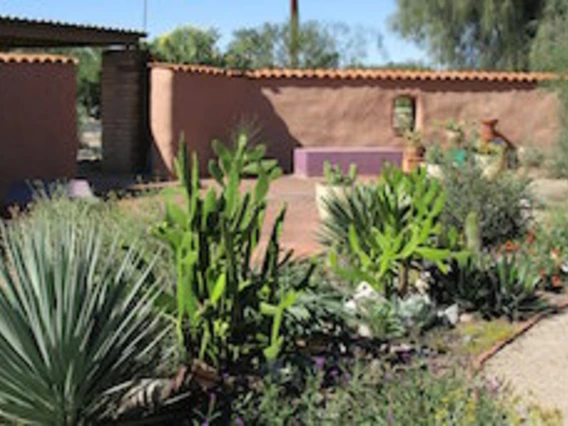
Home Gardening & Landscaping
Resources and events targeted to home gardening and landscaping.
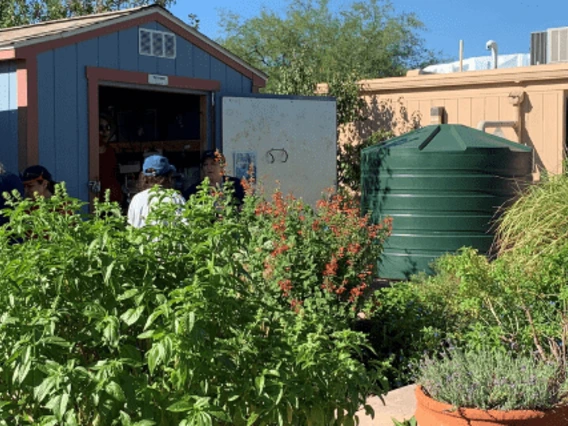
Educational Materials
Online library full of expert information and horticultural insights.
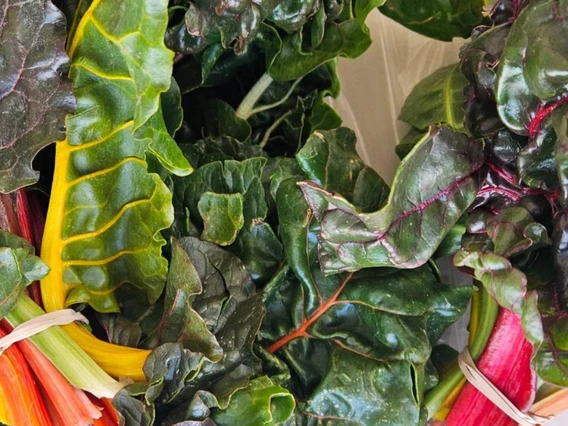
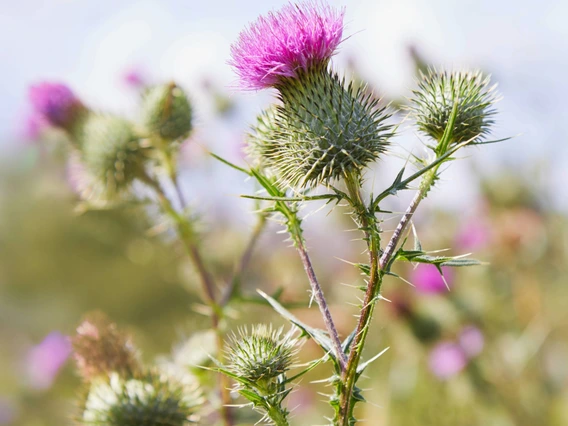
Northern Arizona Invasie Plants
Northern Arizona homeowner's guide to identifying and manageing invasive plants
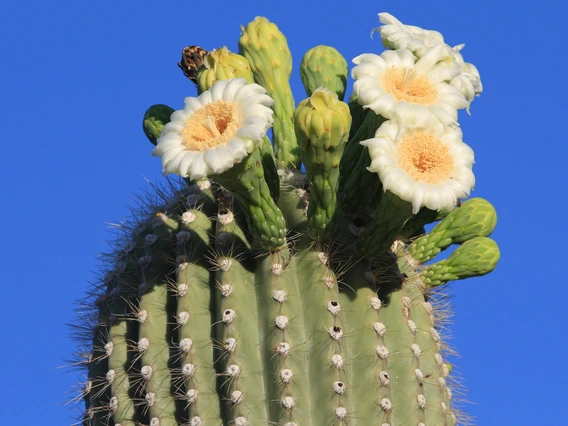
Native & Naturalized Plants
Database of plants to help with identification in Yavapai County and surrounding areas.
Events
There are currently no upcoming events for this program.

